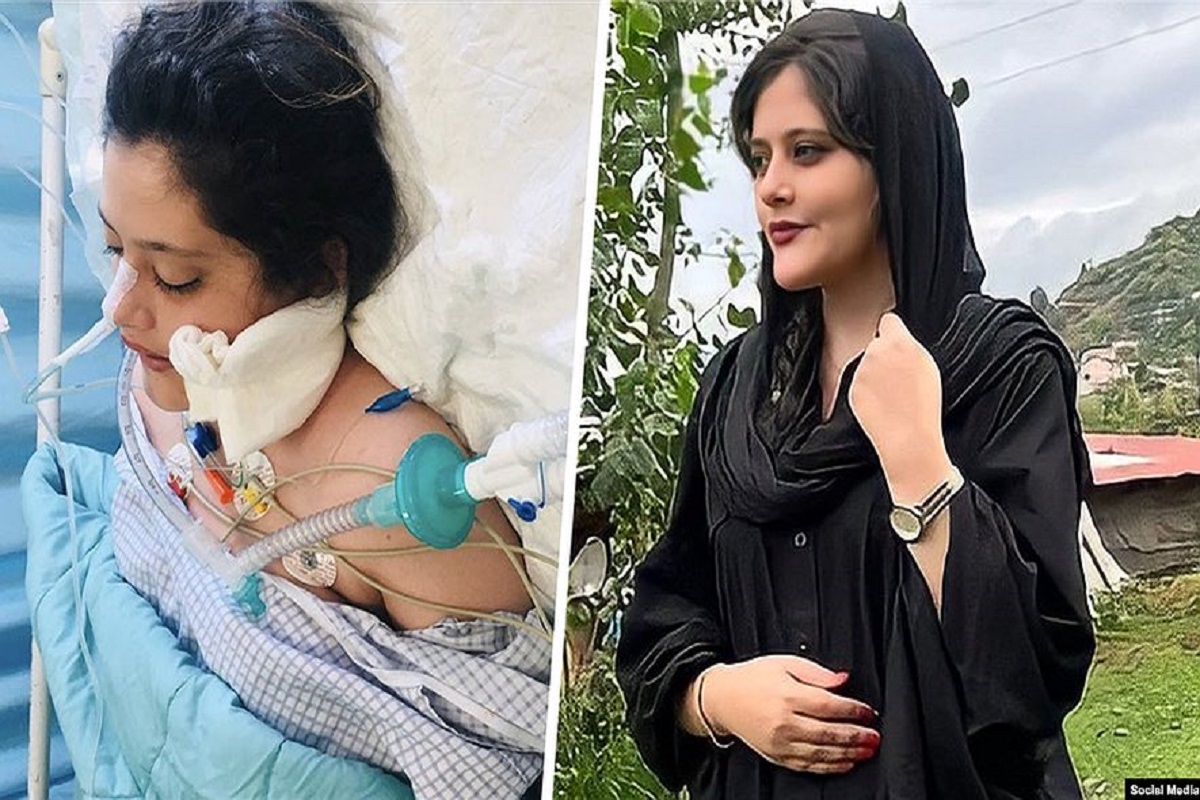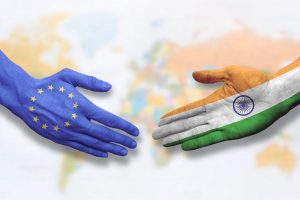The most consequential battles for women’s rights are today taking place in the so-called Muslim world. That the priorities and campaigns of social media liberals do not adequately reflect this most pressing of rights issues is unfortunate but not unexpected. In Iran, previously unimaginable public chants of “mullahs must get lost” are renting the air as the protest movement sparked by Mahsa Amini’s death in custody, which neither internet curbs nor the violence unleashed by the Islamic state’s authorities have managed to contain, enters its fifth week.
Amini, 22, died on 16 September three days after slipping into a coma following her arrest by Iran’s morality police for an alleged breach of the country’s oppressive dress code. Young women have been at the forefront of the massive street protests which erupted in response and many have symbolically taken off their hijabs and/or cut their hair to register their rage. The conservative religious establishment ~ including its stormtroopers in the form of the Revolutionary Guards ~ has reacted viciously to this assertion of rights.
Advertisement
A storm of repression has been let loose on Iran’s women as the world watches standing idly by. In Afghanistan, meanwhile, the rights situation for women and girls has taken a marked turn for the worse. A little over a year after denying girls the right to secondary education, the ruling Taliban last week announced sweeping restrictions on the courses young women can enrol for in public universities. While Kabul University has a smaller list of banned courses for female students, in the provinces the situation is dire.
Depending on which part of the benighted country a female citizen happens to reside in, she may not be allowed to study engineering, economics, journalism, agriculture, veterinary sciences, and medicine. What is common to both countries ~ one predominantly Shia and the other majority Sunni ~ is that girls and women have seen their dreams and ambitions undone. Women are segregated in the workplace, largely absent from the public sphere, forced to cover themselves up, and have their mobility restricted.
A recent article by Madiha Afzal on how the USA-led international community has effectively made a bad situation in Afghanistan worse for Afghans by its terms of intervention points out that revenge killings and abductions of those who worked for the pre-Taliban republic are reported to be rampant.
The question confronting the international community, caught up as it is in the war in Europe and fears of a looming recession, is whether it can walk the talk on women’s rights when it comes to conservative, religious societies. Any talk of an ethical foreign policy for nations is laughable in the current global scenario, but it bears repeating that the girls and women of Iran and Afghanistan need the support of all progressive states
A version of this story appears in the print edition of the October 19 , 2022, issue.











